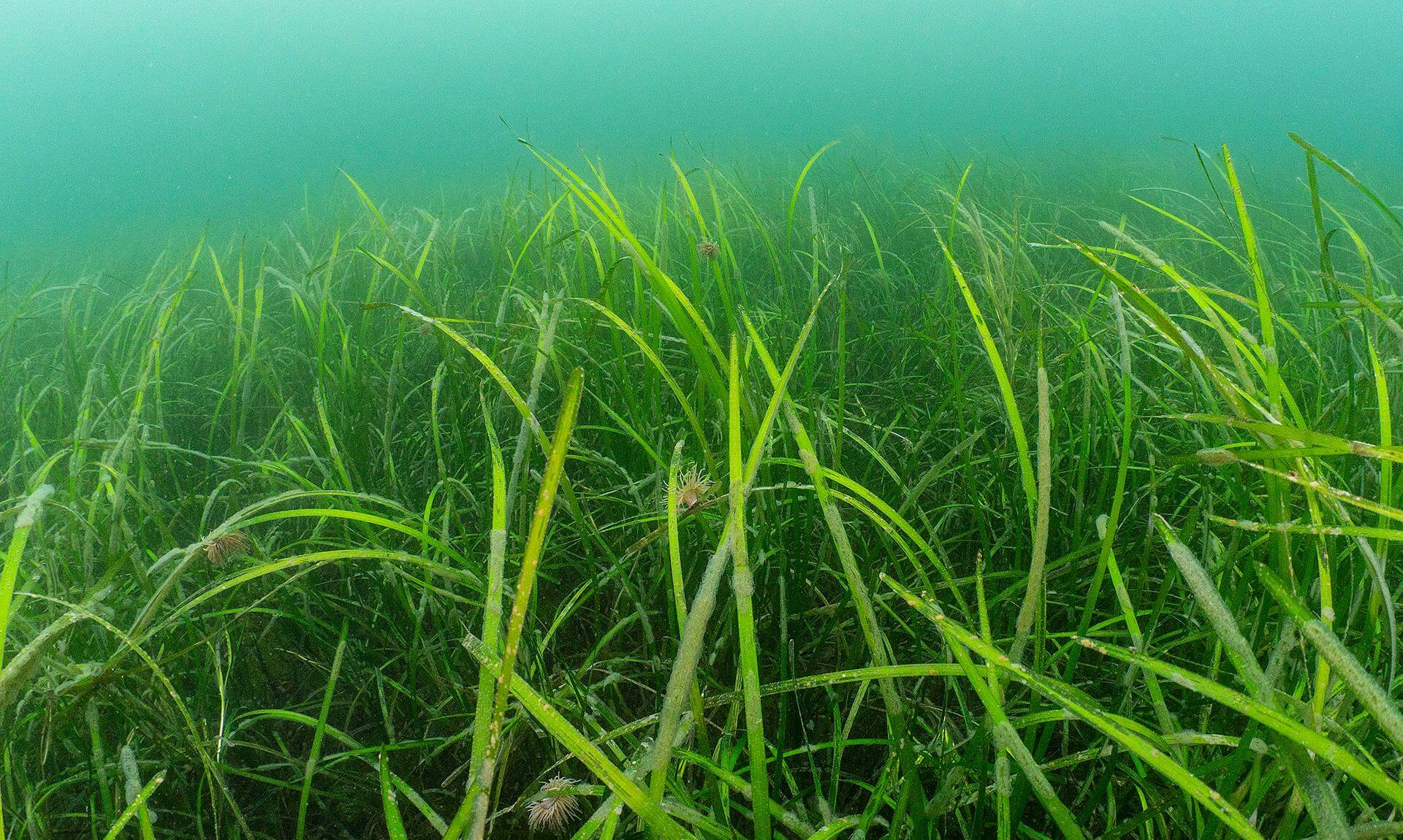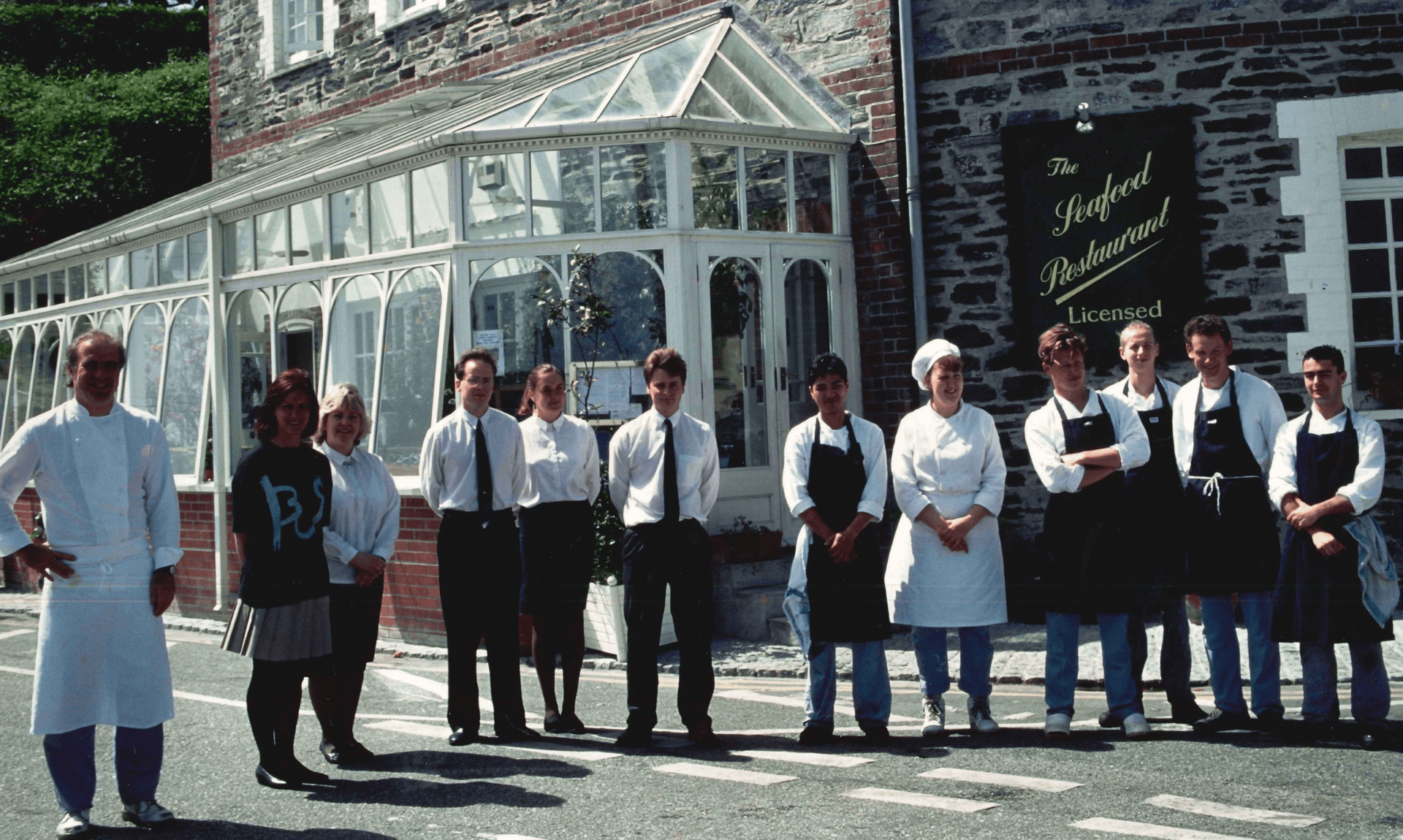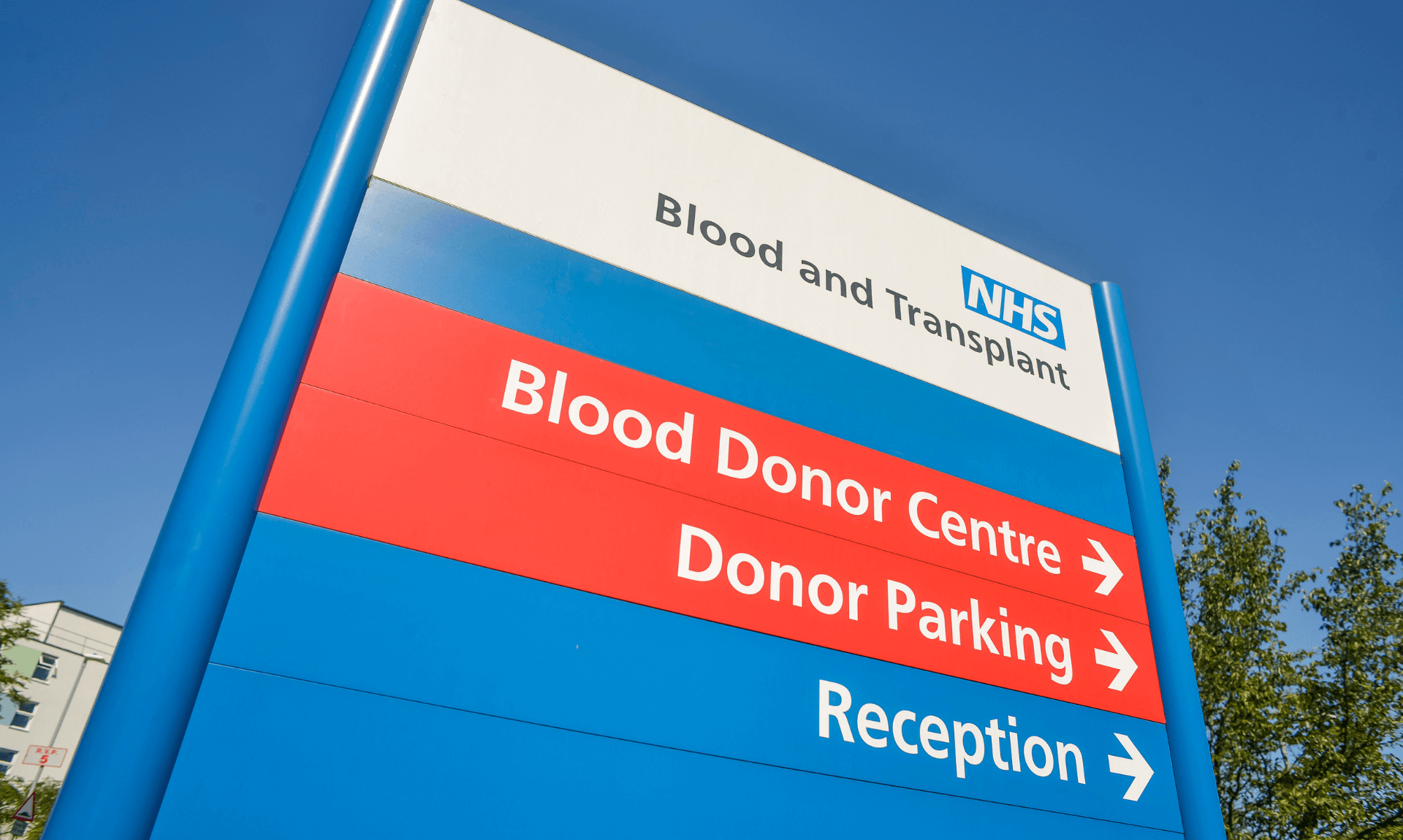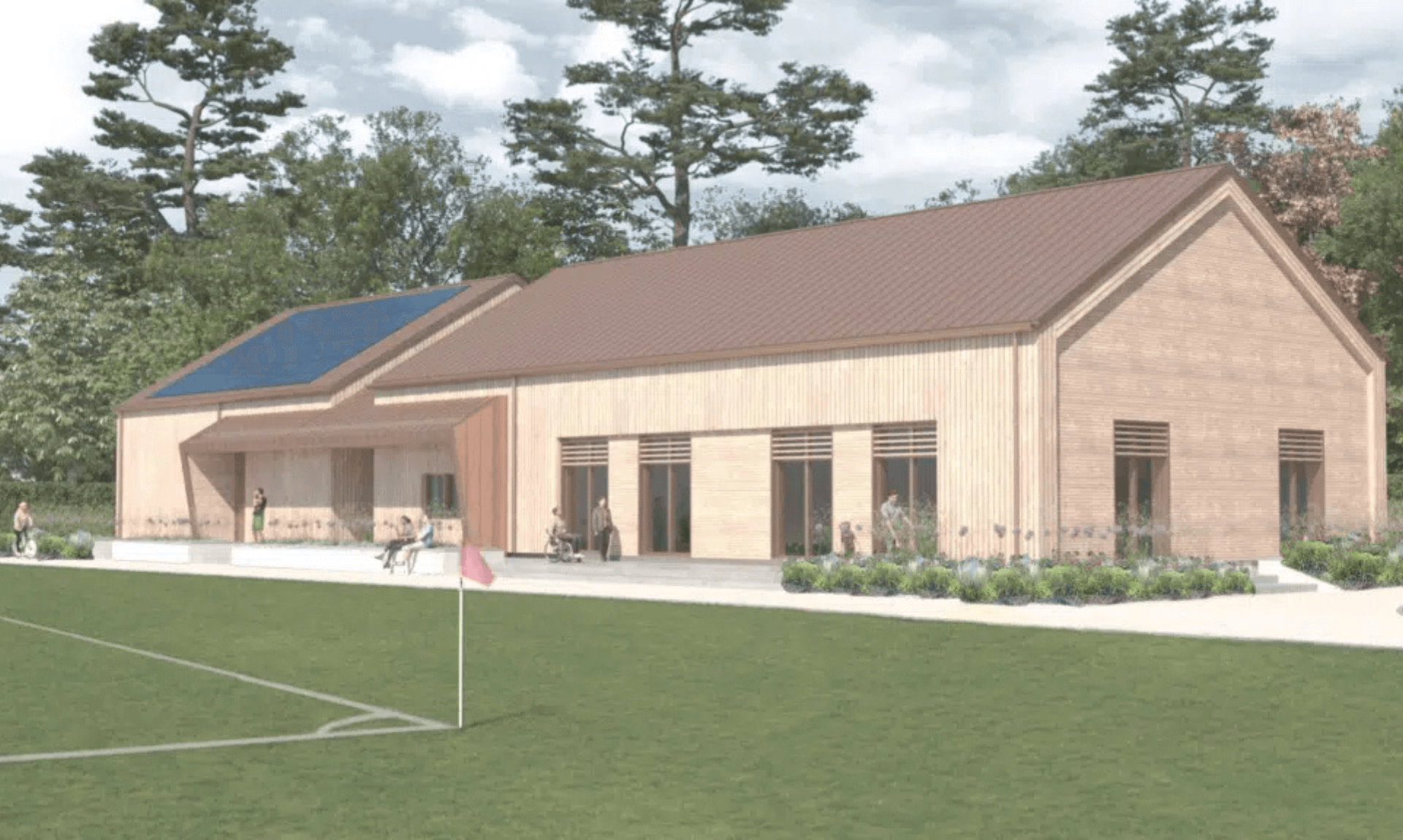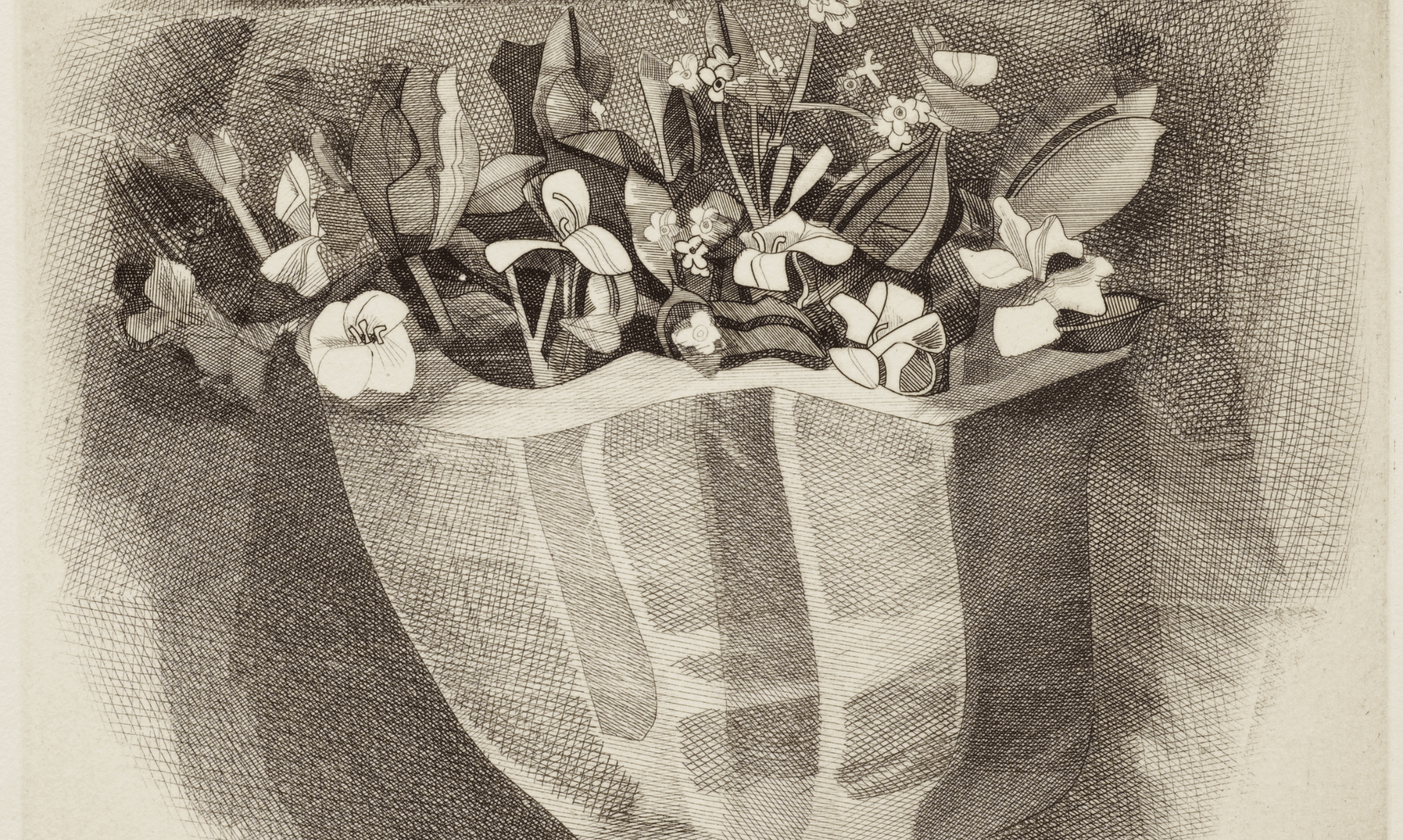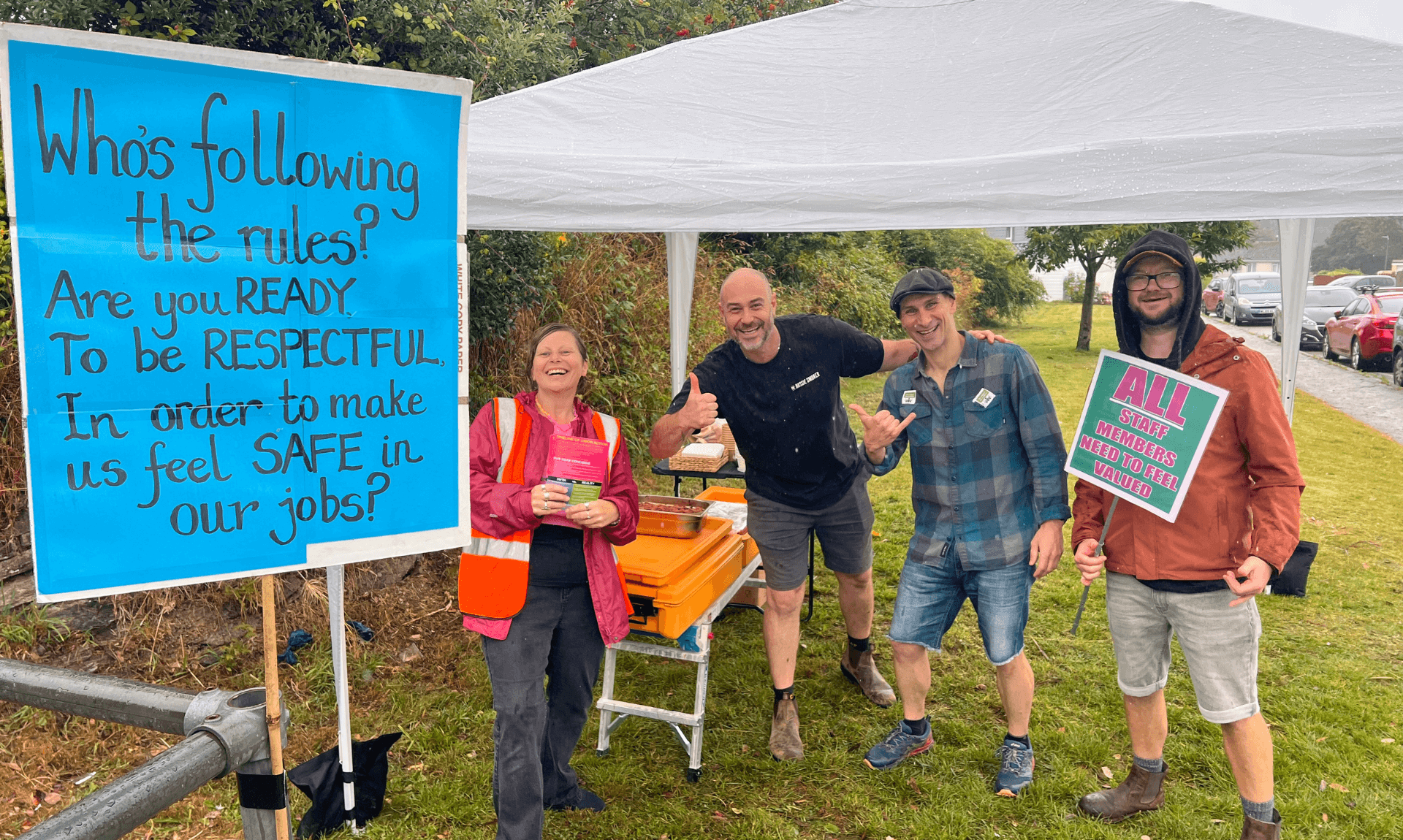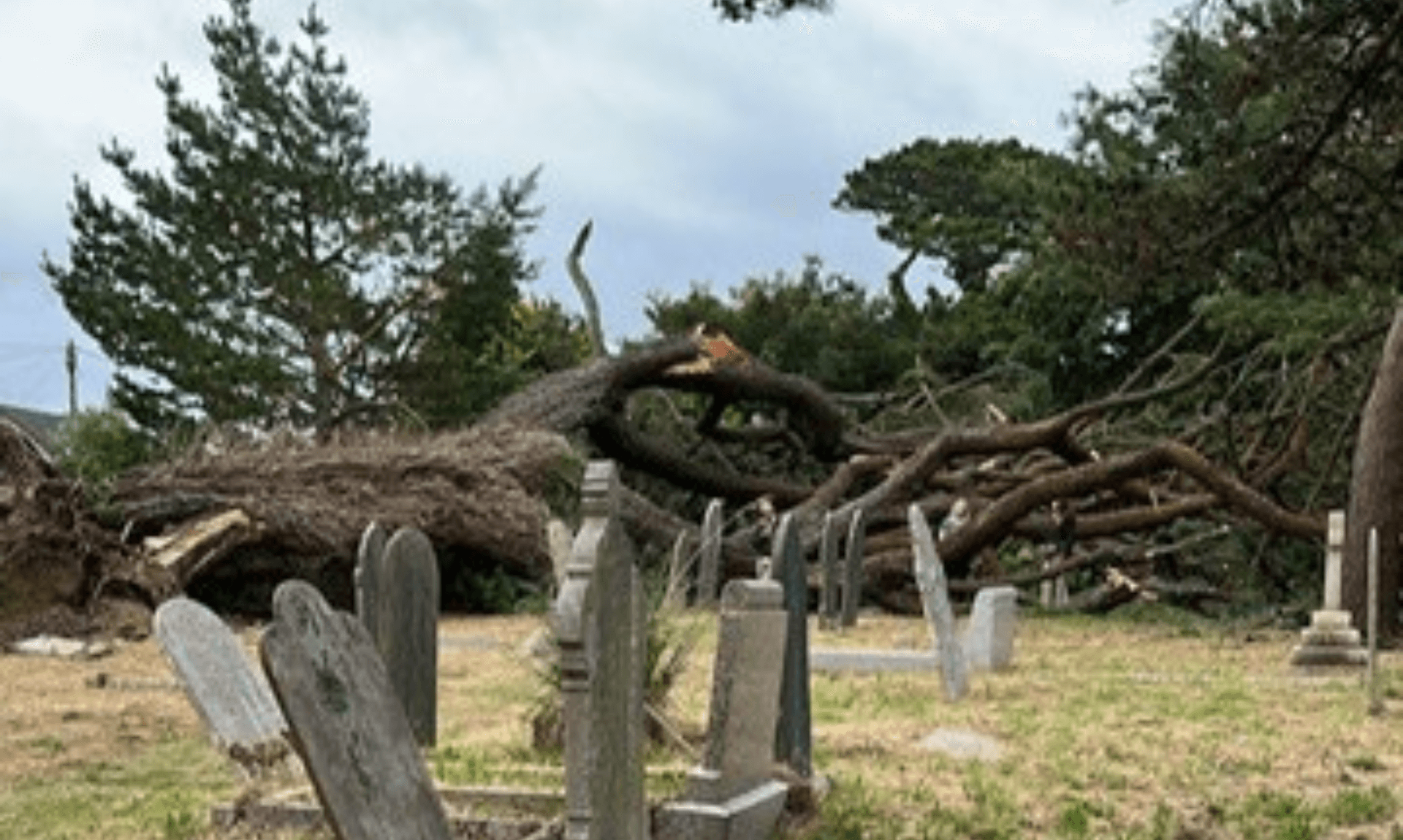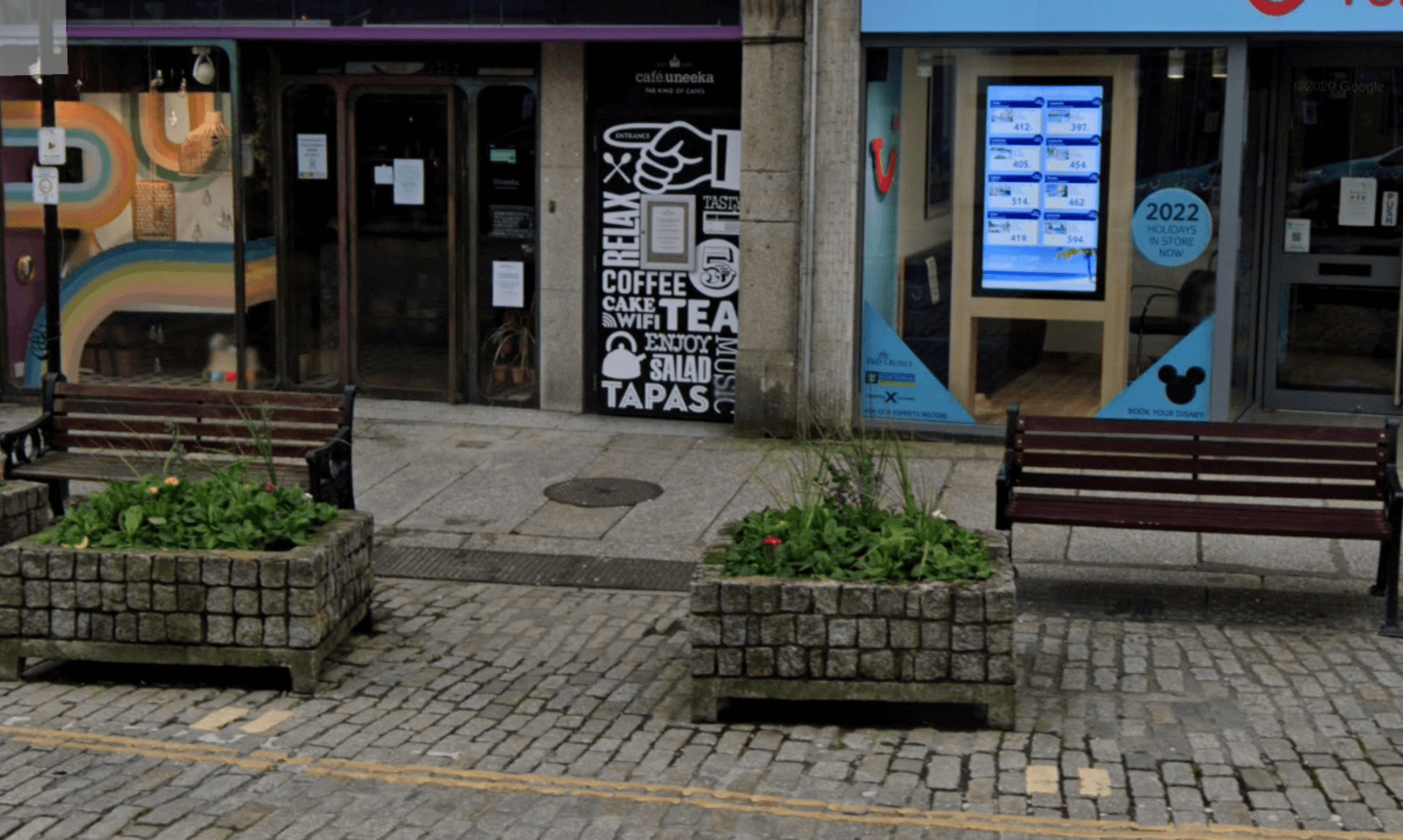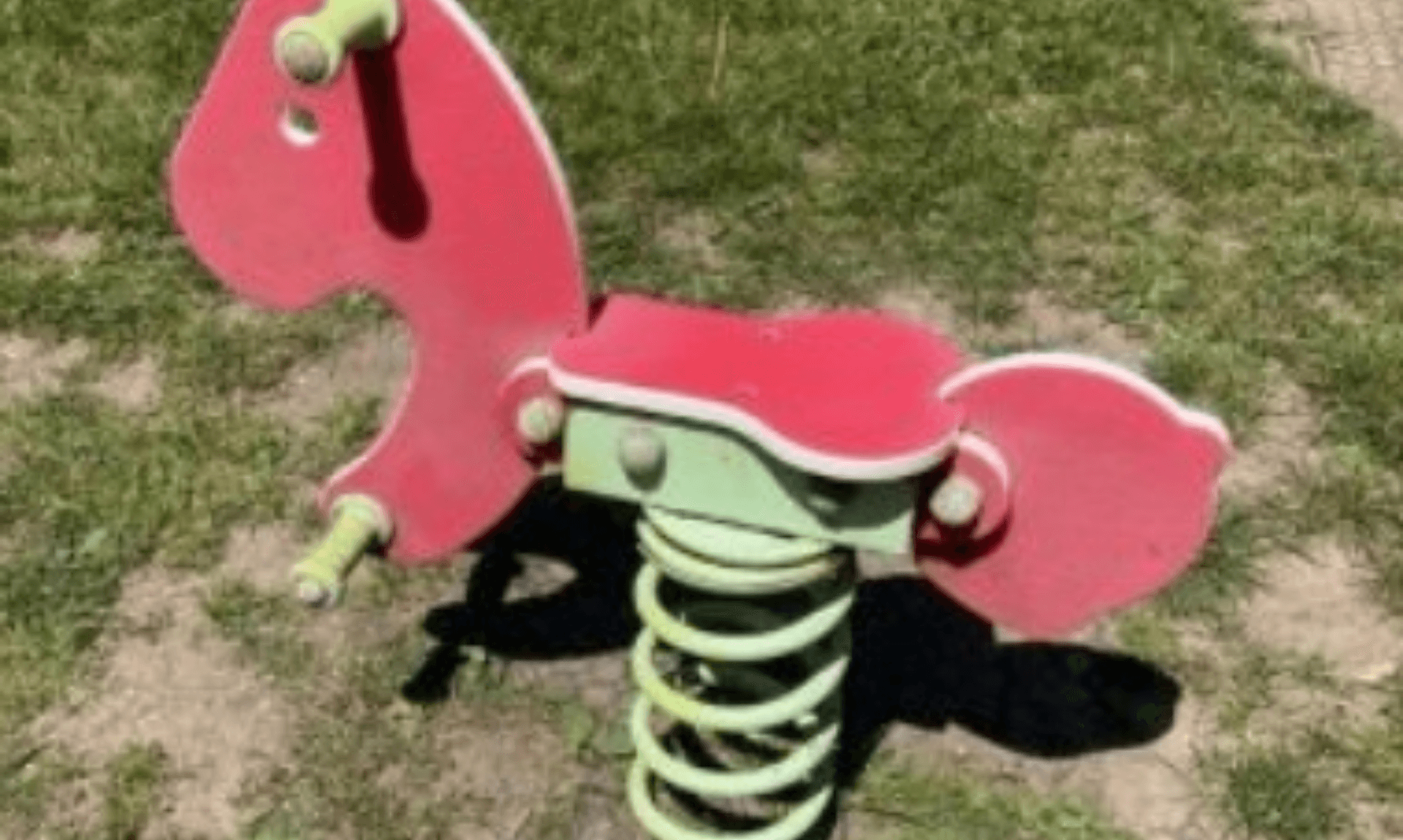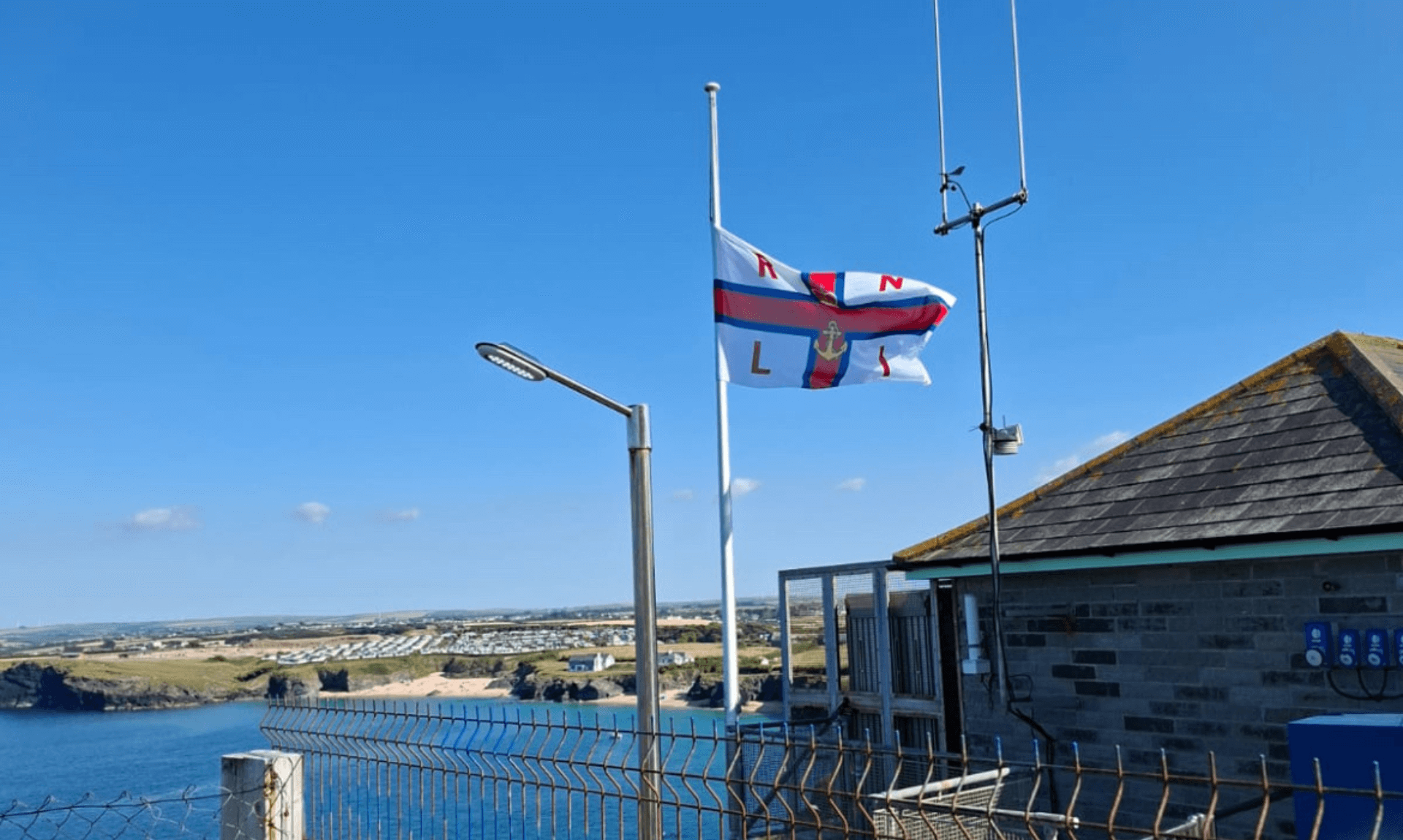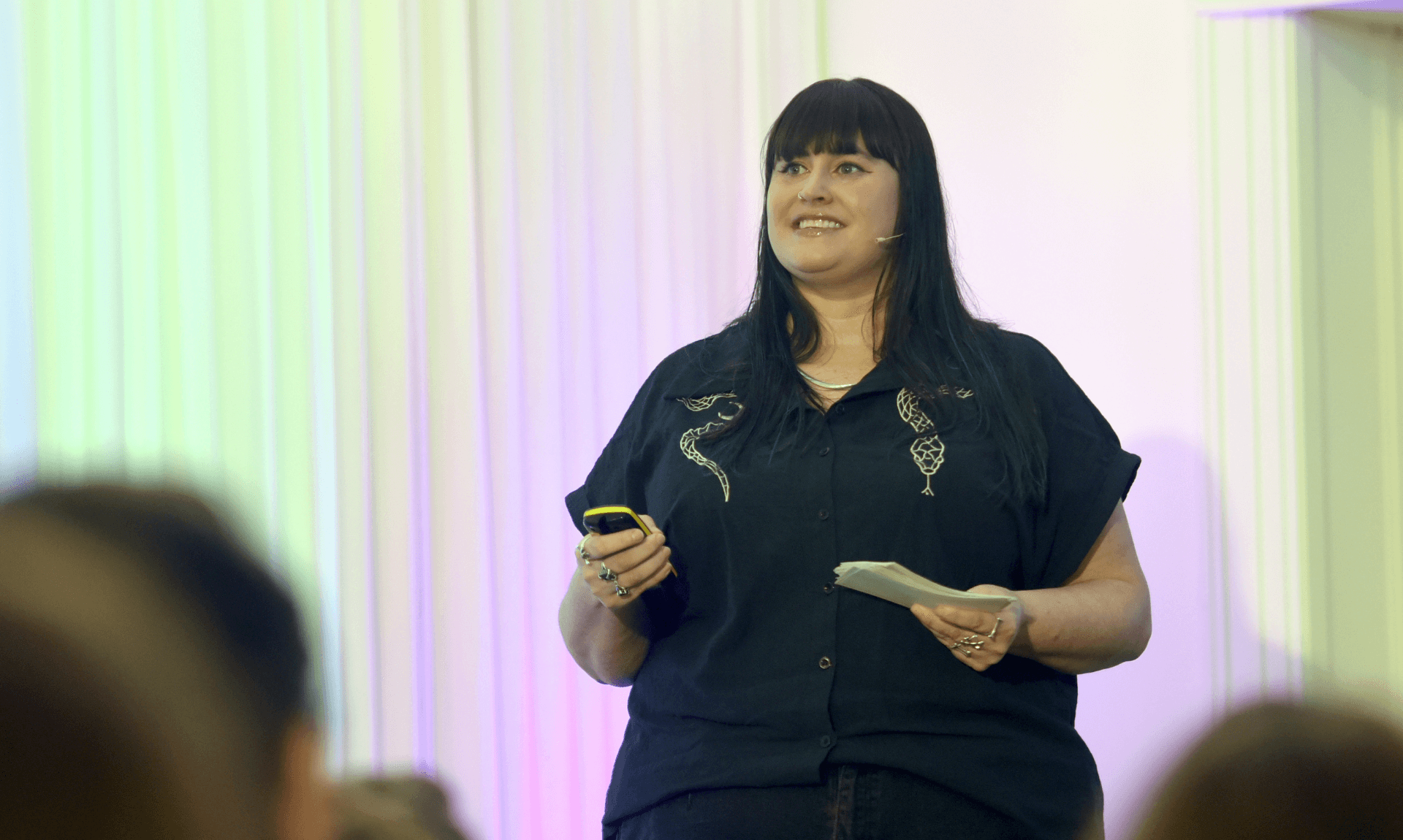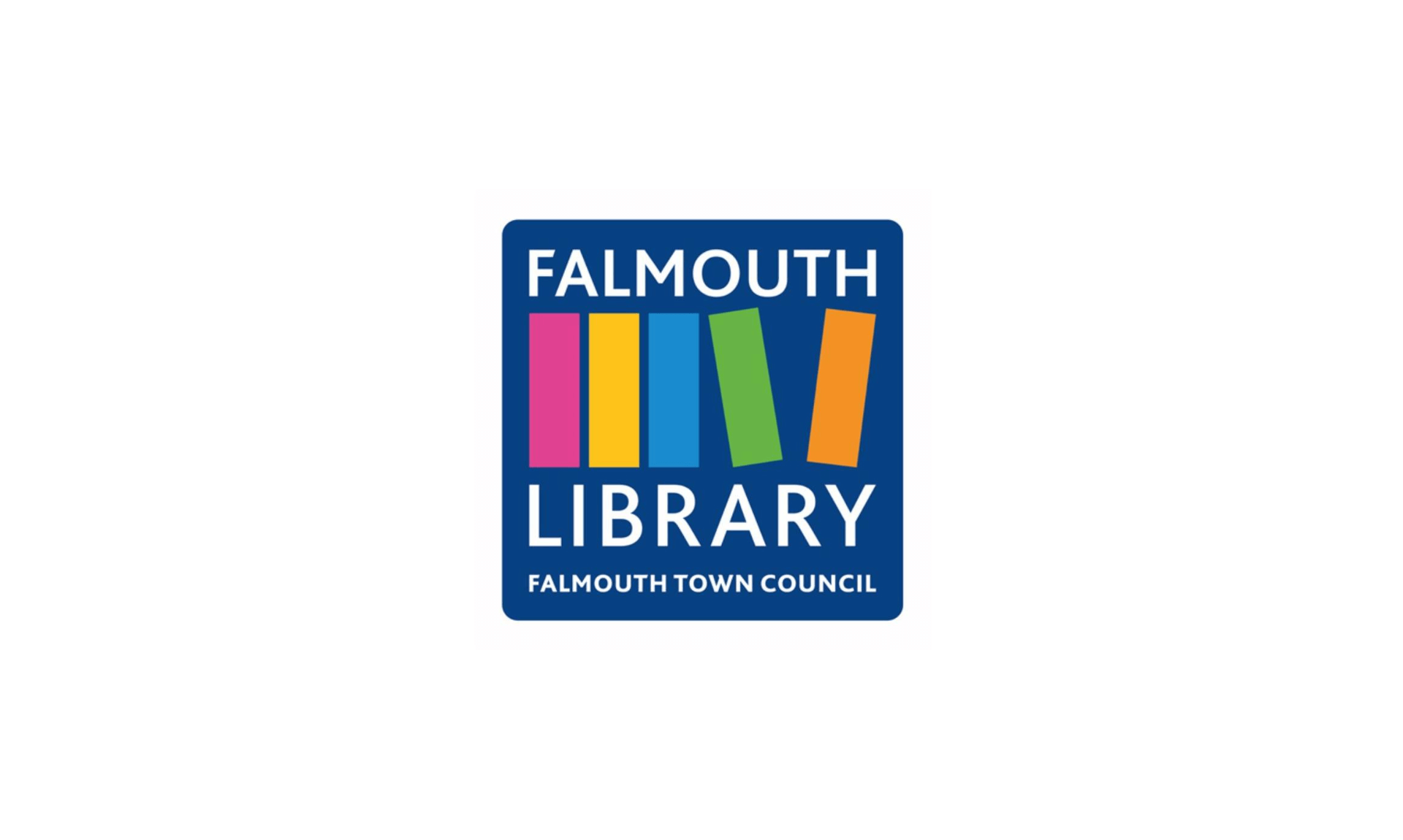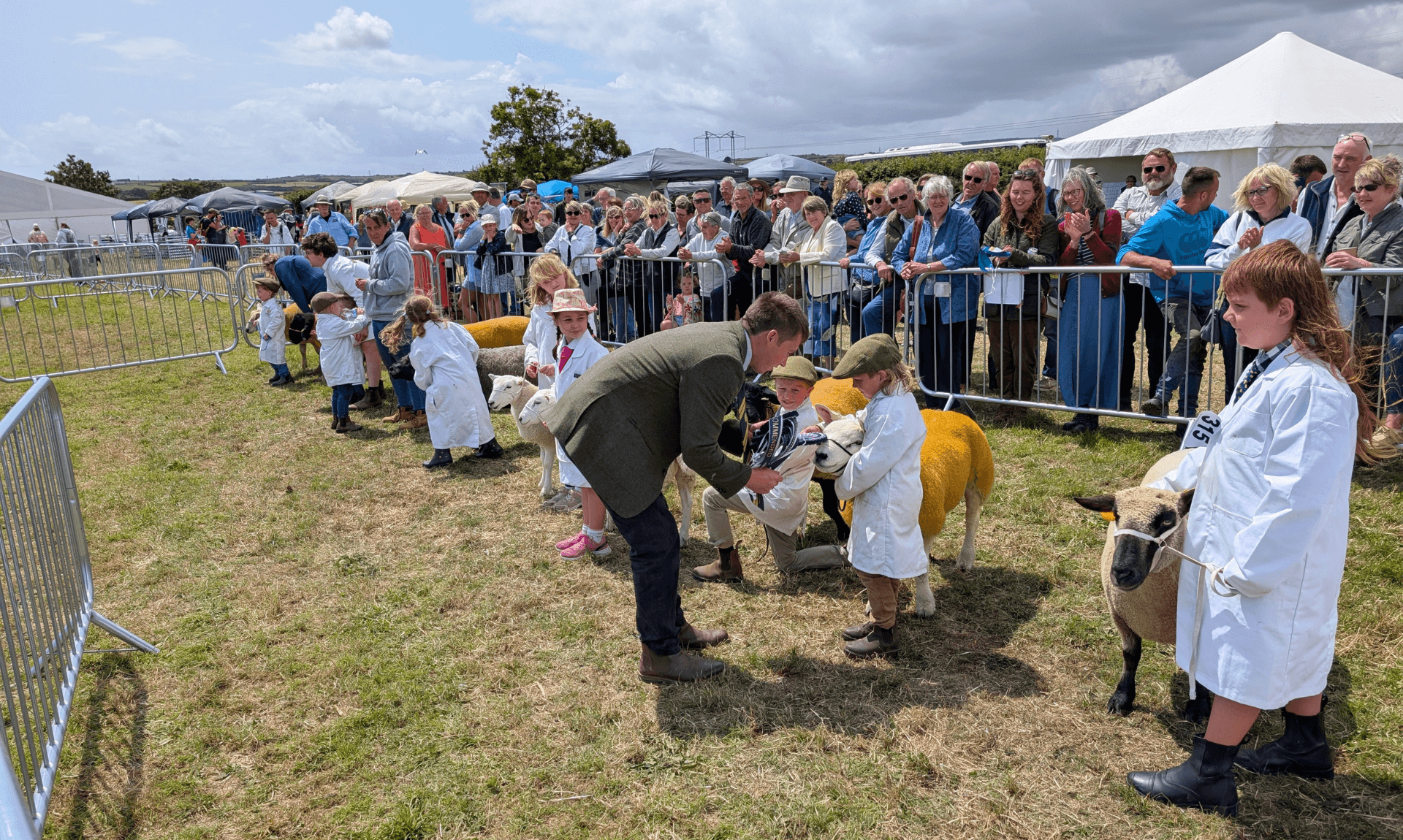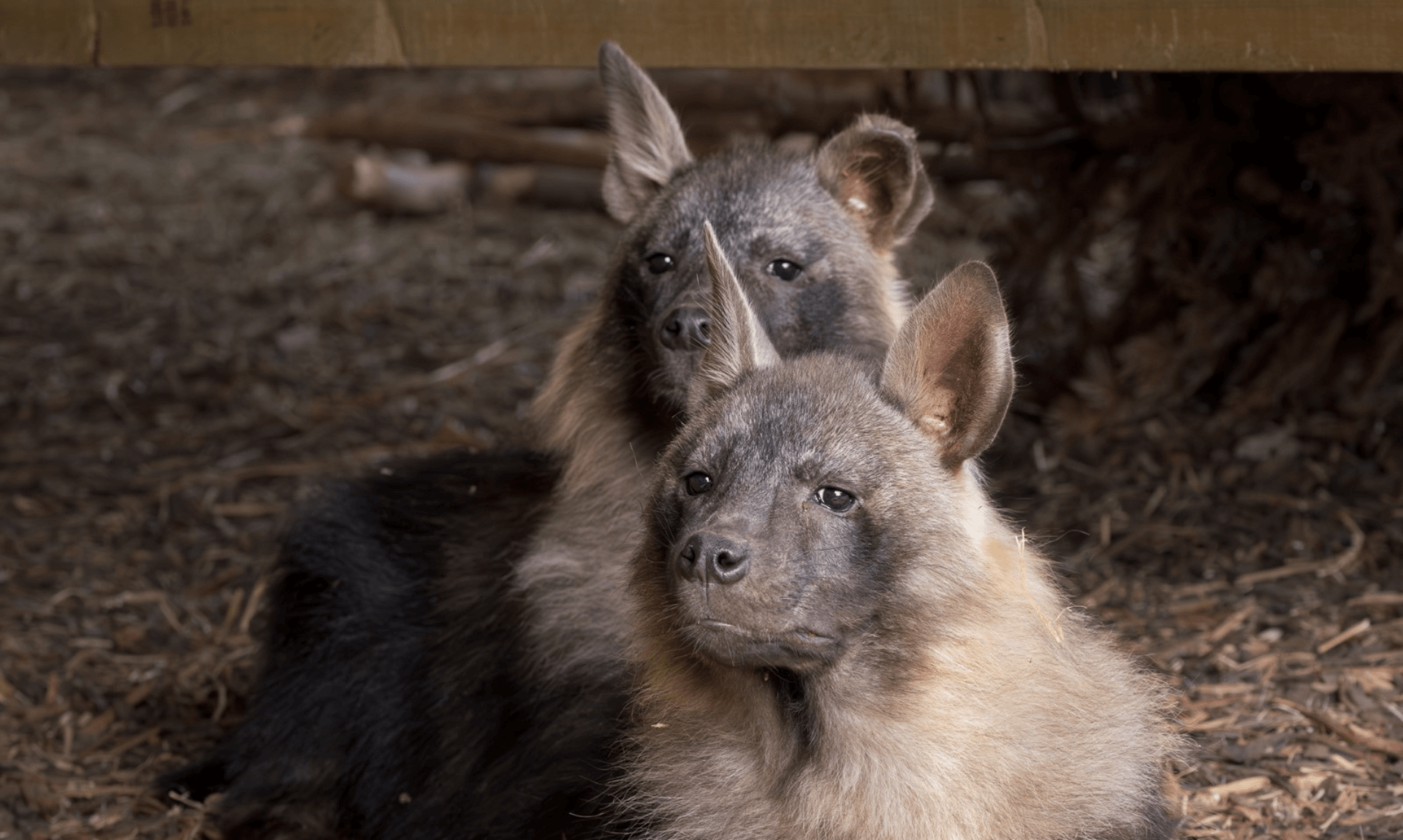New ‘Smart’ Buoys in Falmouth: A Game Changer for Seagrass Protection
Photo: A seagrass bed off Falmouth – Credit – Ocean Conservation Trust – Paul Naylor
Falmouth Harbour Takes Bold Steps to Safeguard Vital Marine Habitats
Falmouth Harbour is stepping up its environmental conservation efforts with the installation of new advanced buoys designed to protect sensitive seagrass habitats. The newly developed “Blue Meadows” marker buoys, placed off Trefusis Head, are part of a broader initiative to preserve and regenerate the marine environment in the area.
High-Tech Buoys Protect Seagrass Beds
The innovative Advanced Mooring System (AMS) buoys, designed and installed by Mylor Mooring Services Ltd, are not your typical marine markers. These buoys not only signal the location of important seagrass and maerl beds but also prevent their mooring chains from scouring the seabed. This technology represents a significant upgrade from previous systems, which required additional floats to keep mooring risers off the seabed.
The new buoys have been strategically placed around Falmouth Harbour, including at Trefusis Point, where two AMS buoys now mark the seagrass bed. This latest deployment brings the total number of markers in Falmouth Harbour and Bay to 26, collectively safeguarding around 30 hectares of vital seagrass habitat.
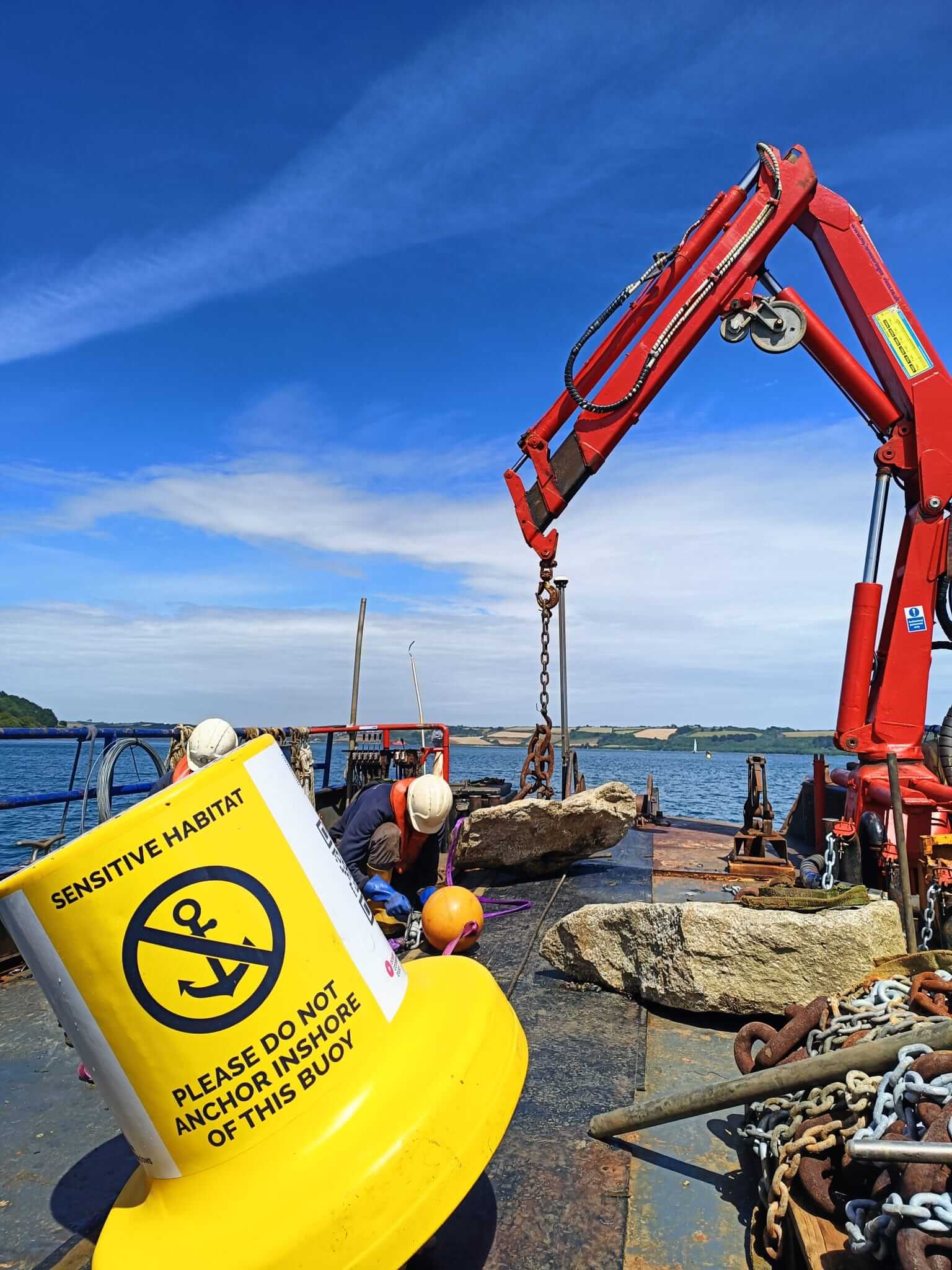
Photo Credit – Mylor Mooring Services Ltd
Collaboration for Conservation
The “Blue Meadows” project is the result of a collaboration between Falmouth Harbour, the Ocean Conservation Trust, Mylor Mooring Services Ltd, and Cornwall Council. Vicki Spooner, Falmouth Harbour’s Environment Manager, expressed her enthusiasm for the project, highlighting the shared goal of raising awareness about sensitive marine habitats and reducing the impact of anchoring and mooring on the seabed.
Vicki said, “It has been a pleasure working with three very different organisations with a shared aim to raise awareness of seagrass and other sensitive habitats and to reduce the impacts on them of anchoring and mooring on the seabed. They ultimately contribute to our goal of increasing biodiversity within harbour waters. We need to ensure these habitats don’t just survive but thrive.”
Seagrass: The Marine Wonder-Plant
Seagrass is a vital component of marine ecosystems, providing food and shelter for marine life, capturing carbon, and even helping to mitigate the effects of extreme weather by stabilising sediments and dampening wave energy. However, seagrass meadows are under threat, with studies estimating that at least 44% of the UK’s seagrass has been lost since 1936 due to pollution, dredging, anchoring, and other human activities.
Eden Stevens, Blue Meadows Community Engagement Officer at the Ocean Conservation Trust, highlighted the positive impact of the new buoys, noting that they have been effective in encouraging vessels to respect no-anchor zones. “Our collaboration towards the protection and regeneration of our seagrass beds here in Falmouth is a real pleasure and it’s even more rewarding to see that these marker buoys are working, with people respecting the voluntary no-anchor zones and anchoring outside of them. It provides hope that the future of seagrass can be a thriving one.”
Looking Ahead: Future Projects and Collaborations
Mylor Mooring Services Ltd, the company behind the design and installation of the new AMS buoys, is keen to expand their use. Ollie Hill of Mylor Mooring Services Ltd expressed pride in the project, stating, “We have identified a significant number of port notice buoys and other marine marks in the Fal and Helford areas all of which could be safely converted to our Port Notice AMS, and we look forward to future collaborations to support this environmental work.”
The installation of these buoys has been made possible through funding from Cornwall Council, which used offset payments received from last year’s Armed Forces Day in Falmouth. Abby Crosby, Senior Marine Officer from Cornwall Council, reflected on the environmental impact of such large events and praised the ongoing efforts to mitigate these effects. “Events of this size can have significant environmental impacts, which were successfully mitigated against thanks to the work of local environmental organisations and key operators including Falmouth Harbour, but it is wonderful to keep the excellent offsetting work going such as via this Blue Meadows work so that our marine environment can flourish.”
For more information on the Blue Meadows project and other environmental efforts in Falmouth Harbour, visit Protect our Harbour – Falmouth Harbour, Cornwall or contact the Falmouth Harbour team on 01326 213537.
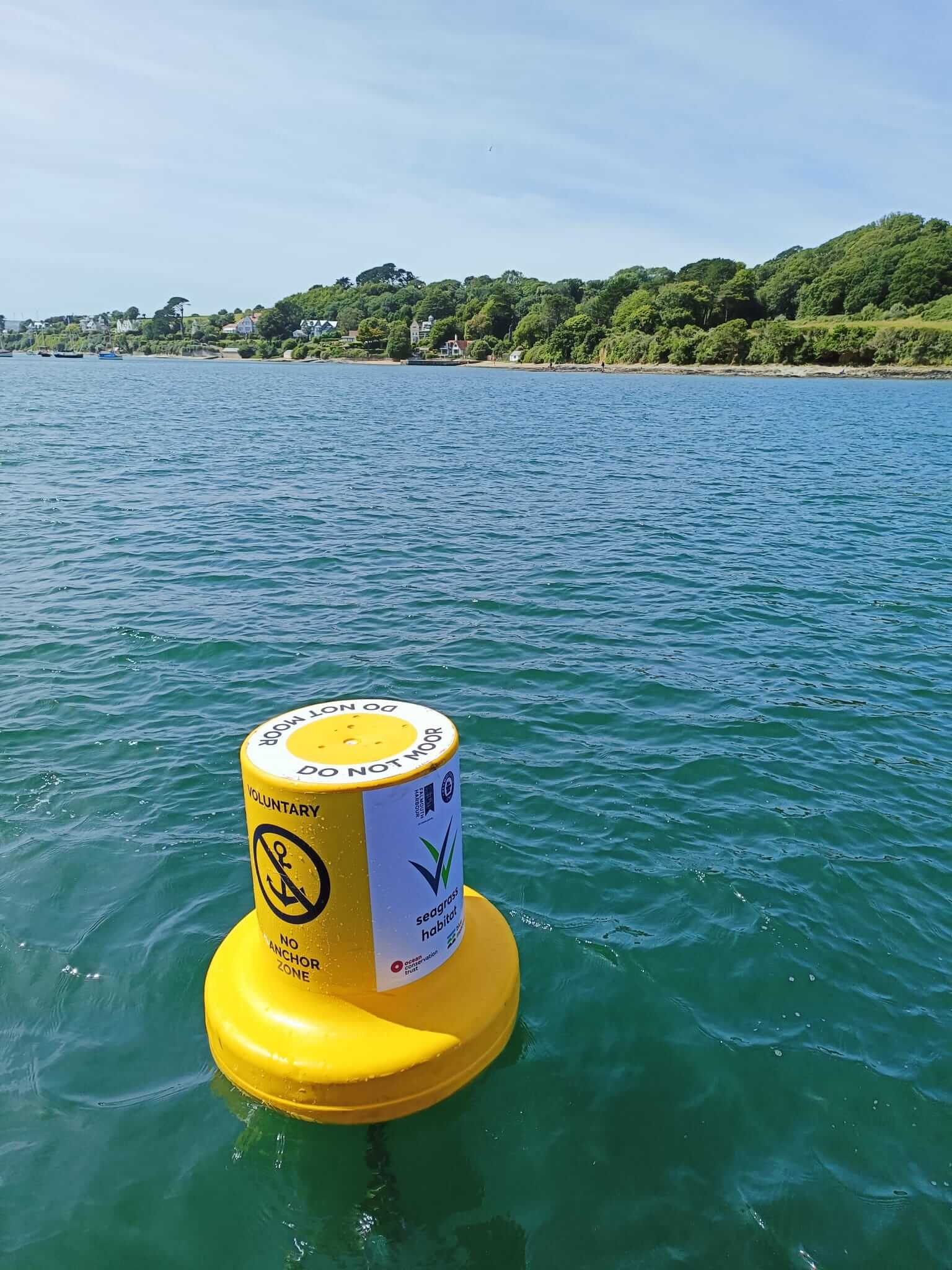
Photo Credit – Mylor Mooring Services Ltd
Share This Story, Choose Your Platform!
To keep up with the latest cornish news follow us below
Follow CornishStuff on Facebook - Like our Facebook page to get the latest news in your feed and join in the discussions in the comments. Click here to give us a like!
Follow us on Twitter - For the latest breaking news in Cornwall and the latest stories, click here to follow CornishStuff on X.
Follow us on Instagram - We also put the latest news in our Instagram Stories. Click here to follow CornishStuff on Instagram.
You Might Also Be Interested In
Latest News In Cornwall
Daily Cornish news by email
The latest daily news in Cornwall, sent direct to your inbox.

